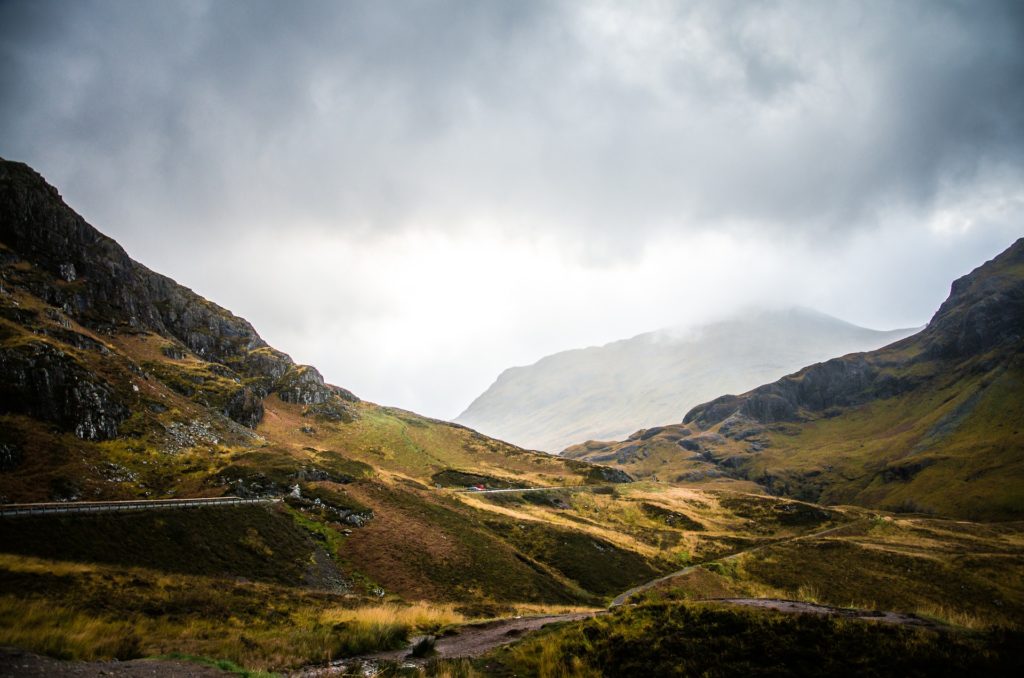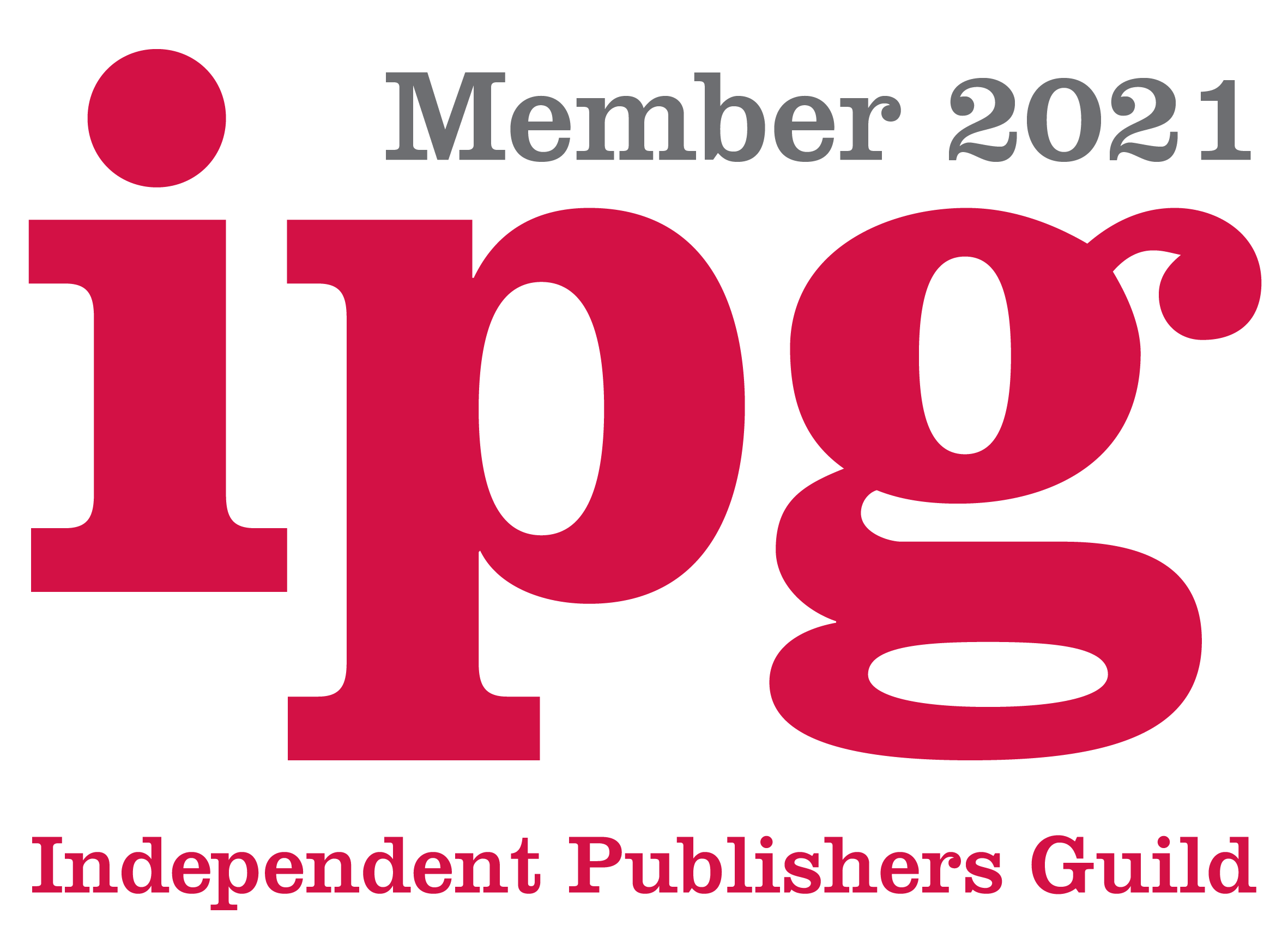Story by Bill Morris
Winner of 'What Scotland Means to Me' writing competition
Out on the back roads of southern New Zealand, in a place called Glencoe, an obelisk commemorates a Scottish slaughter that took place over three hundred years ago. It stoically watches the rainstorms that sweep off the Southern Ocean while, all through the day, cars fly by – headed for somewhere else.
This is one piece. The cracked remains of an old stone floor, perhaps.
Traveling, I move through small towns with old Scottish names – Athol, Bannockburn, Clyde.
More pieces – broken beams and slabs, leaning into the mud.
In the south of New Zealand, there is a city called Dunedin, whose street names echo with almost tragicomic faithfulness those of a city called Edinburgh on the other side of the world.
More pieces – parts of a fallen roof, caved in by time.
Across my country, these weathered pieces are what's left of the great rickety structure built by Scottish migrants who came here from the 1850’s onwards, driven by desolate conditions at home and the promise of a better life overseas. Five, six, seven, generations on, those of us who are their descendents walk among the weed-infested ruins of that structure.
On winter nights in our home in the mountains, my father would sometimes pour himself a whisky and play old Scottish songs on our record player. Blooming heather and bonny lasses roaming in the gloaming. At the time, I had no idea what all that was about. My Dad is not Scottish. He’d never been to Scotland. Nor had his father, or his father’s father. It was only later, deep into adulthood, that I began to understand that eventually, Scotland calls all her children home.
As I explored its music, Scotland called to me in fiddle tunes that seem to emanate through the centuries, creaking with the exquisite sadness that only those with a drop of Scottish heritage — that melancholic tincture of the blood, can probably appreciate.
And so I went. In less than 24 hours, I was swooping over stone buildings and landing in Edinburgh. I stumbled through the city 's autumn streets until I reached the National Museum. Inside, I stood in front of the famous Monarch of the Glen, a faded reproduction of which I had slept under my entire childhood. Beneath the enormous painting, two young women were singing old folk songs — wistful laments of hill and glen; of the Highland Clearances and clan warfare.

Over the next two weeks, I traveled deep into the Highlands, following those songs, winding around loch and glen in a rented car. I traveled alongside thousands of tourists; people from all over the world drawn here, like me, by the real or imagined version of Scotland that exists in their minds. I slept in the car overlooking a fuming North Sea and ate black pudding in a pub overlooking a still, frost-fringed loch. I walked deep into the Cairngorms, through the shady remnant of a Caledonian pine forest and meadows of purple-flowering heather, up to a mountain lake where I watched in awe as a falcon tumbled from the sky to split a formation of geese high above.
On the Isle of Skye I mingled with the locals at a music festival where bands performed pulsing, modern Scottish music – pipes and fiddles bolted onto electronic beats and light shows. The young crowd drank and danced late into the night.
When I came home, those old, broken structures of Scotland I saw around me appeared quaint and almost farcical. I now saw that what those first emigrants built, in their homesickness and longing, was an edifice for remembering, a cage for a captive Scotland.
But you can’t keep a country captive. The real Scotland has long since moved on. I’ve been there, looking for it. I found its misty glens and its blooming heather, but I also found its busy highways, its grimy shopping malls, its tabloid newspapers and its greasy breakfasts.
So what then, is this place called Scotland I sometimes go to in my inner wanderings?
The Scotland inside me is not the Scotland of my ancestors, for I never knew that. It’s not the Scotland that exists now, in the 21st century, for I hardly know that either.
The Scotland inside me, I’ve come to realize, is the place in which I seek a home. The wistfulness of a fiddle air might take me there, or the first bite of autumn. Woodsmoke in a mountain valley, the cry of a stag against the hills. Moments in which I keenly feel the need of a place for my soul to rest.
And so, needing somewhere to put this incessant longing, I build my own version of Scotland and try to go there in my mind. This, you see, is my destiny. For I come from a race of emigrants—lusting for adventure, but forever doomed to wander.



